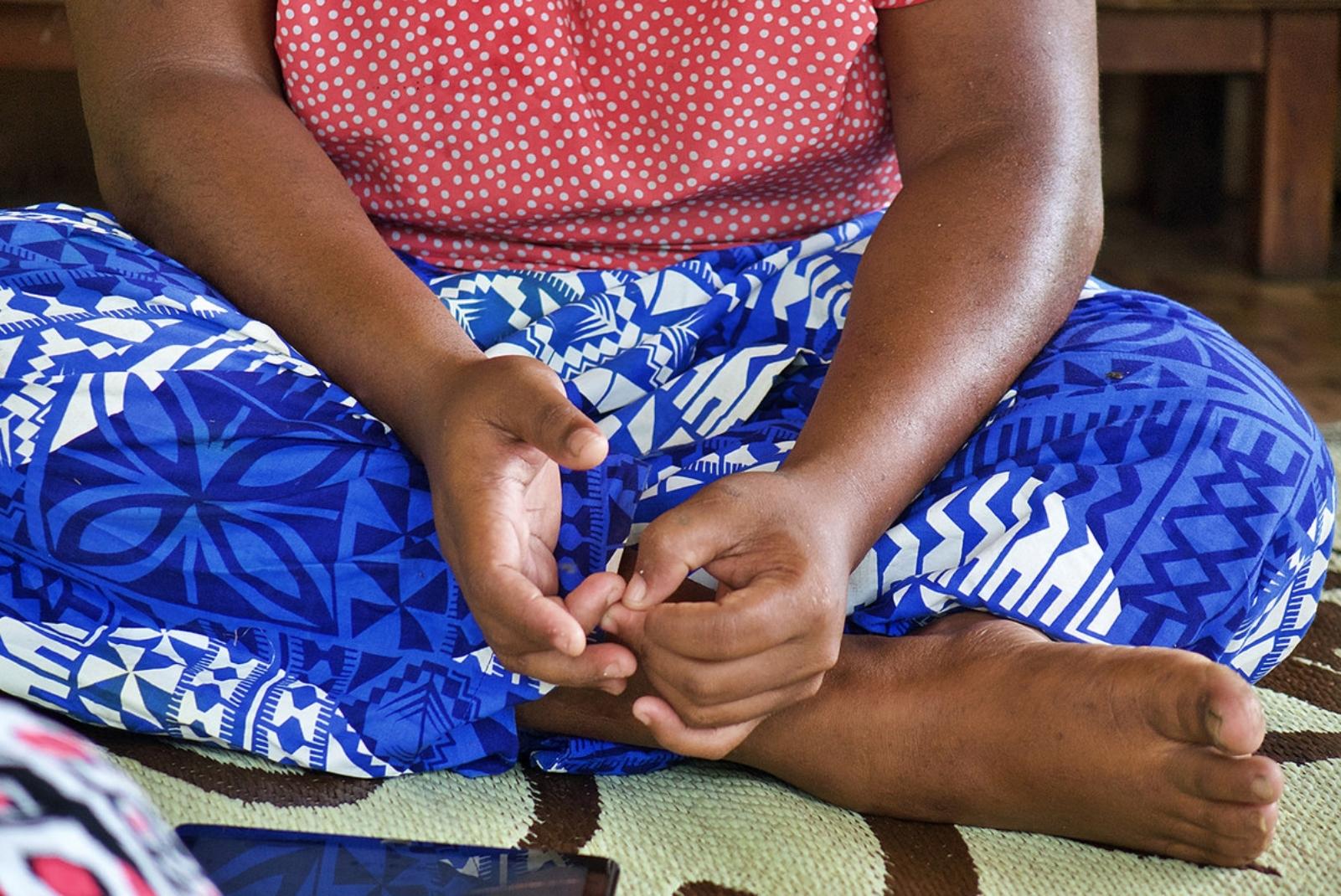
Selamawit is IPPF's Senior UN Advocacy Adviser
Articles by Selamawit Tesfaye

Why does 16 Days of Activism matter?
16 Days of Activism Against Gender-Based Violence is an annual campaign that starts on 25 November – the International Day for the Elimination of Violence against Women – and wraps up on 10 December, Human Rights Day. Global estimates published this year by the World Health Organization indicate that about 1 in 3 (or roughly 736 million) women worldwide have experienced either physical and/or sexual intimate partner violence or non-partner sexual violence in their lifetime. This figure might sound familiar to you because a recent United Nations report stated that, alarmingly, this number remains unchanged for the past decade. Most of this violence is intimate partner violence. Worldwide, almost one third (27%) of women aged 15-49 years who have been in a relationship report that they have been subjected to some form of physical and/or sexual violence by their intimate partner. An escalation during COVID-19 To make matters worse, the COVID-19 pandemic saw SGBV cases vastly escalate. Due to a combination of lockdown and quarantine measures, lost work and study opportunities, and an increased pressure on domestic demands, many women and girls have been confined at home with their abusers, creating the so-called ‘hidden pandemic’. Sexual and reproductive health interventions are important in terms of preventing, responding to and eliminating all forms of sexual and gender-based violence (SGBV) against women and girls. Many women and girls lack access to the most basic free essential services for their safety, protection and recovery, exposing them to reproductive coercion, unplanned and high-risk pregnancies and unsafe abortion. SGBV also increases women’s vulnerability to HIV and other sexually transmitted infections (STIs). Solutions must come from the highest levels This troubling situation cannot be ignored, and the elimination of SGBV must be made a priority worldwide at the highest levels. In order to achieve gender equality and the empowerment of all women and girls globally, IPPF calls on all governments to: Respect, protect and fulfill their human rights obligations to gender equality and to a life free of violence for all, including women, adolescents and girls Develop and/or review laws addressing SGBV, involving victims and survivors in the process Ensure that their legislations and policies include a comprehensive definition of all forms of SGBV, including: intimate partner violence (IPV) marital rape sexual harassment child, early forced marriage female genital mutilation (FGM) End impunity of perpetrators of SGBV Increase funding for SGBV prevention, mitigation and response Prioritize reaching the most marginalized populations, including adolescent girls, sex workers, undocumented migrants, gender non-conforming people, indigenous people, and people living with disabilities, among others. Meaningfully include women human rights defenders, feminist groups, youth-led organizations, and others as strategic partners in the implementation of their commitments Ensure access to emergency helplines, police and justice sector response, sexual and reproductive health care, safe accommodation, shelter and psycho-social counselling. We must remember that violence against women is preventable – but to make it happen, the commitment to gender equality and the empowerment of women and girls must be unwavering. This 16 Days of Activism not only highlights the existence of sexual and gender-based violence in every society, but it also aims to challenge the silence and impunity that surrounds it in so many parts of the world. Thus, governments worldwide must use these 16 days and beyond to firmly commit once and for all. 736 million women are depending on it.









